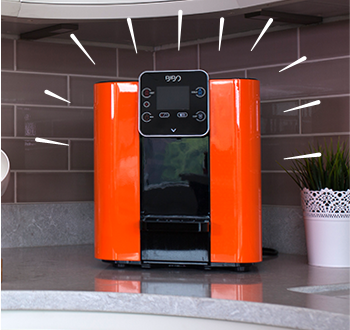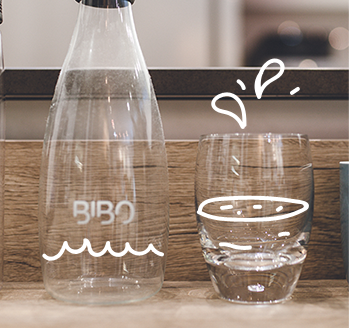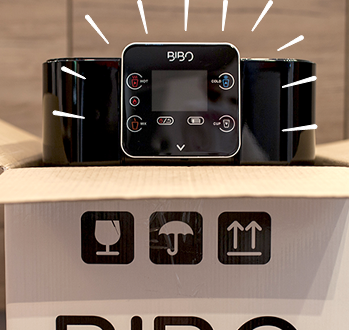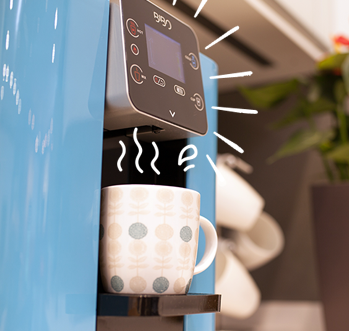On the surface, the key to hydration is pretty simple: if you’re feeling thirsty, you should probably drink some water. But as with any health or wellbeing topic, there’s a lot of conflicting information out there which can make even the simplest of tasks such as drinking water, well, confusing! Should you be drinking two litres or eight glasses of water a day? Should you be avoiding caffeine? Can you drink too much water?
We get it, it’s hard to know how best to get your fill. We dove into the facts to bust the most widely circulated hydration myths and get you on track to a healthy, happy and perfectly sated lifestyle.
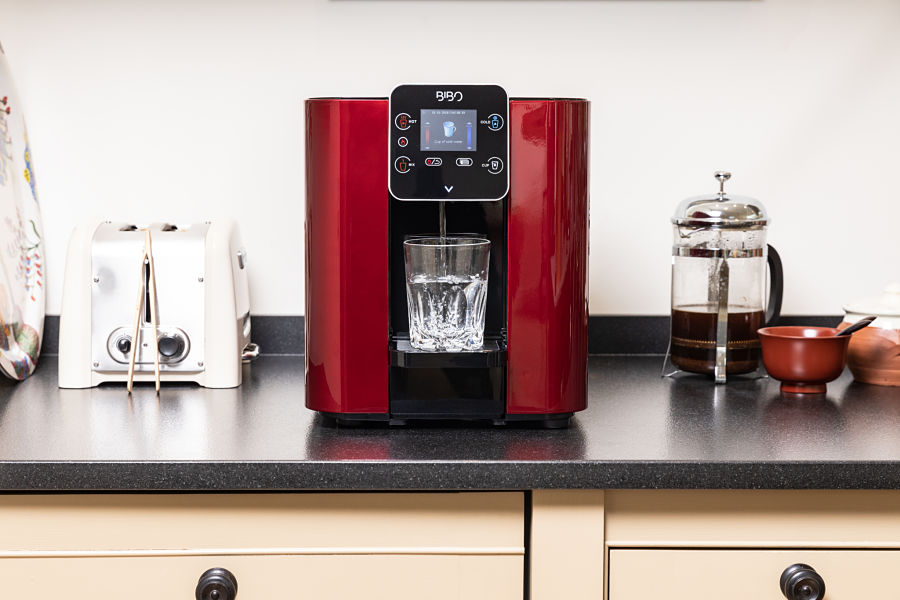
Myth: Everyone needs to drink eight glasses of water a day
Whilst this is the figure recommended by the NHS for people in the UK, it’s important to note this is an average estimation. How much water your body needs is a highly personal affair and depends on a wide range of variable factors from body weight and age to activity level, environmental temperature and health conditions. If you’re unsure how much water you should be drinking, sticking to the recommended eight glasses is a good place to start but let your body be your guide. Still thirsty? Drink some more. Running to the toilet every two minutes? Drink a little less.
Myth: The only way to hydrate is by drinking water
No, no my friend! This is one of the biggest hydration myths going. It’s true that water is a guaranteed source of hydration, but our bodies also gets a fantastic watering from the food we eat as well as other types of beverages. In fact, research shows that around 80% of the water we consume comes from drinking water and other liquids – such as milk, juices and caffeinated drinks – and the other 20% comes from our food consumption. Fruits and vegetables in particular carry a very high percentage of water content. Cucumber and lettuce, for example, have an astronomical 96% water content, whilst tomatoes carry a huge 94%. Remember when your GP told you to eat your 5 a day? It makes a little more sense now.
Myth: Coffee makes you dehydrated
How many times has someone told you that your love affair with caffeine is terrible for your hydration levels? But this isn’t strictly true – it’s all about balance. It’s true that caffeine acts a diuretic, causing your kidneys to flush extra sodium and water from the body through urine, but experts have suggested this doesn’t necessarily lead to dehydration. When you drink coffee – or a cup of tea for that matter – you’re also taking in a large fluid dose of water and hydrating yourself. It’s just important to realise that drinking coffee shouldn’t be your only source of hydration. Mix up your cup of joe routine with regular glasses of water or juices to give your body some varied balance and reap the rewards.
Myth: You can never drink too much water
This is the deadliest of hydration myths – be warned! You can absolutely drink too much water. In fact, Runner’s World recently interviewed Professor Doug Kasa who specialises in kinesiology at the University of Connecticut who explained that consuming too much water can cause a condition known as ‘symptomatic hyponatremia’, where sodium levels in the blood can drop to extremely low and dangerous levels.
This means that overhydration is especially dangerous for those with certain medical conditions. For the average Joe, the kidneys are able to absorb the water our bodies need whilst getting rid of the excess through urination. But for those with kidney, liver, or even heart problems, this may not be the case. Low sodium levels caused by drinking an extremely high level of water can lead to mild symptoms such as a lack of concentration and having little energy, but in severe cases where overhydration happens rapidly, it can cause severe confusion or even seizures.
Myth: Clear pee is the only way to tell if you’re properly hydrated
We were certainly told this growing up, but this hydration myth isn’t strictly true. Rather than a crystal clear stream, experts say we should be aiming for urine which resembles a pale yellow colour similar to lemonade. Clear pee simply means our bladder is completely full and that whatever we are imbibing is simply coming straight back out. The only time you need to be paying attention to your urine is when the colour is anything darker than a honey yellow (this can often pong quite a bit too). If you haven’t realised already, our bodies are pretty clever, and a dark coloured pee is your bladder letting you know that you’re dehydrated and it’s time to drink up!
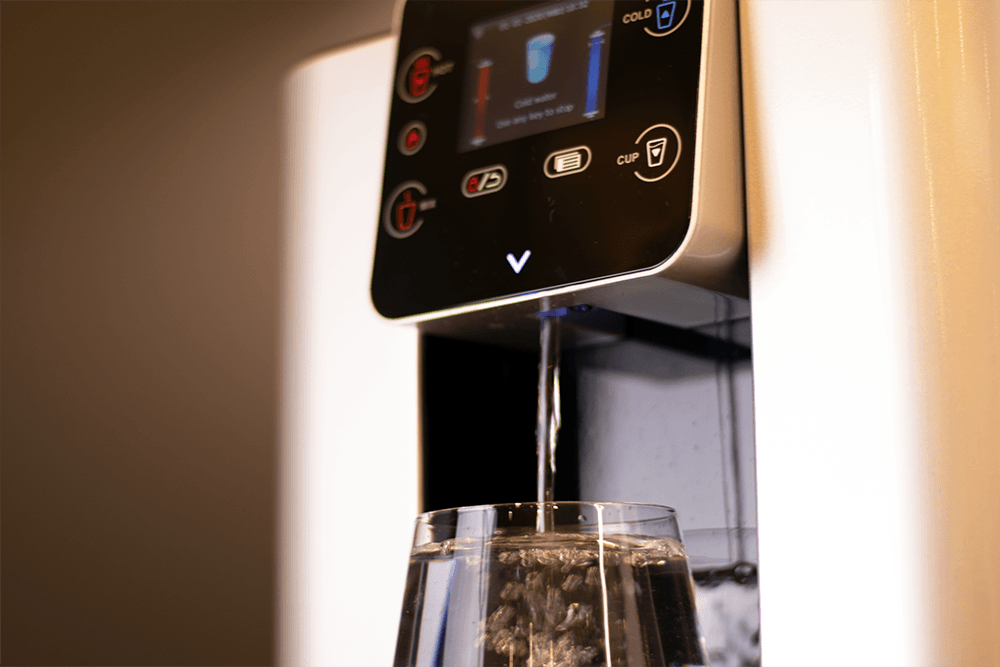
Have a question about how BIBO can help you hydrate effectively?
If you want to know more about how BIBO can help you to achieve the perfect level of hydration every day, get in touch with our expert team today. Our friendly advisers are happy to fend off any other hydration myths you may have and will walk you through exactly how our BIBO products can directly benefit your health and lifestyle.




